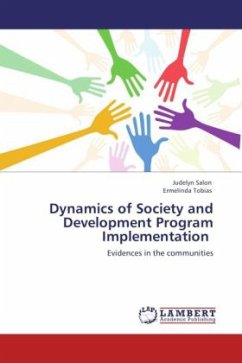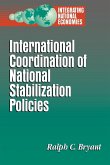Educational development in Sub-Saharan African (SSA) countries has long been delayed due to weak capacities in the production and management of relevant knowledge. The lack of adequate and reliable education management information systems continues to impede the formulation and implementation of sound educational development policies. Hence, there has been considerable interest within the international community, including organizations such as the Association for the Development of Education in Africa (ADEA), the UNESCO Institute for Statistics (UIS), SSA Governments and other multilateral and bilateral institutions in building relevant capacities in SSA countries. The dissertation on which this book is based was designed to contribute to our understanding of how such development policies are internationally coordinated and implemented through national programmes. It examined the coordination and implementation of the National Education Statistical Information Systems (NESIS) capacity building intervention in SSA, particularly in Senegal and Zambia, and shed some light on how capacities are built as well as on the top-down/bottom-up debate on development interventions.
Bitte wählen Sie Ihr Anliegen aus.
Rechnungen
Retourenschein anfordern
Bestellstatus
Storno








